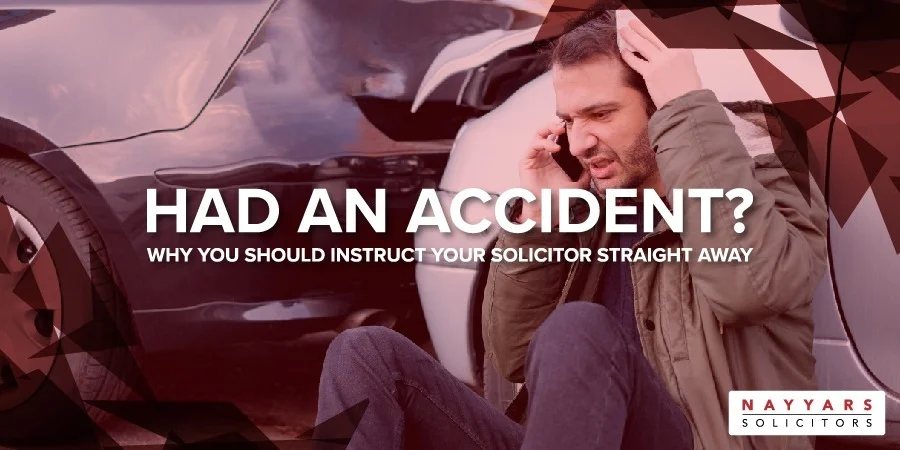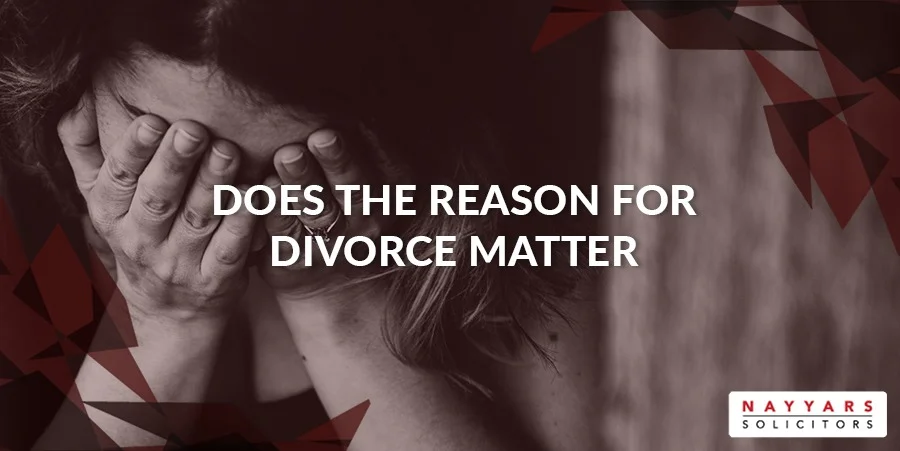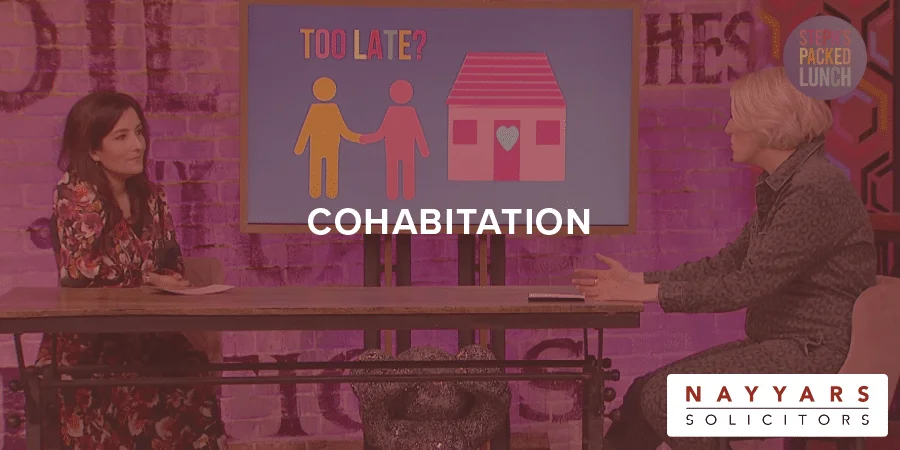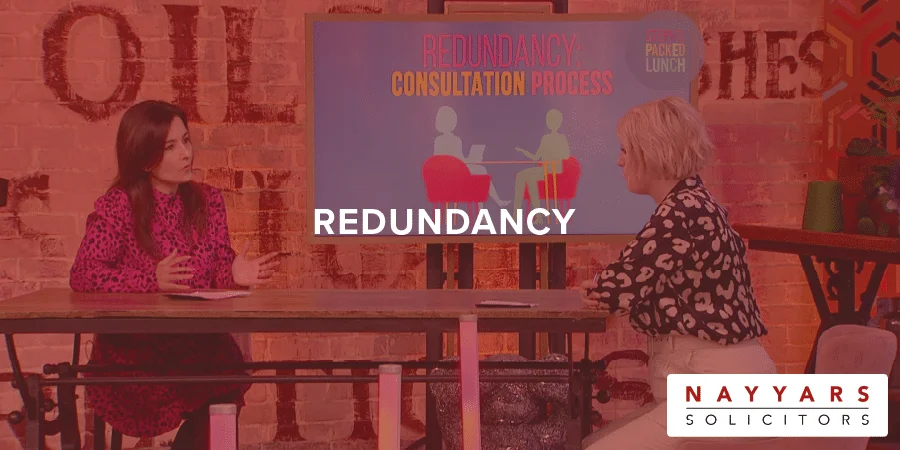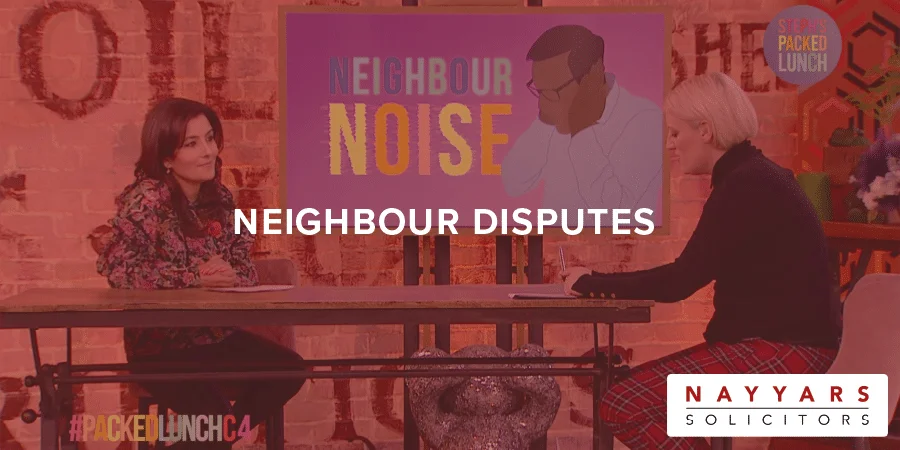Co-Parenting During Covid-19
On 23rd March 2020, the government issued advice on social distancing and warning people to stay inside their homes and avoid any contact with non-household family members. However, the guidance explained where parents do not live in the same household, children under the ages of 18 can be moved between their parents’ homes.
The President of the Family Division, Sir Andrew McFarlane, provided additional advice on 24th March 2020, Guidance on Compliance with Family Court Child Arrangements Order. Sir Andrew McFarlane addresses the current Coronavirus crisis and highlights the concerns of the parents, whose children are subject to a Child Arrangements Order made by the Family Court. Understandably, the parents will be concerned about how they will be able to meet the requirements of the court orders safely in the unforeseen Covid-19 pandemic.
Sir Andrew McFarlane sets out some general advice on how parents should adhere to the Child Arrangements Order (CAO) and continue seeing their child. Please see below;
- Parental responsibilities for a child who is subject to CAO rests with the child’s parent and not with the court.
- During the Covid-19 crisis, the general expectation is that parents will care for children by acting sensible and safely when making decisions regarding the arrangements for their child and deciding where and with whom their child spends time.
- The parents must obey the rules in staying at home and away from others outlined by the government. The general position is clear; it is no longer permitted for a person and this also include a child, to be outside their home for any purpose other than essential shopping, daily exercise, medical need or attending essential work.
- Government guidance issued alongside the Stay at Home Rules on 23rdMarch deals specifically with child contact arrangements. It says:
“Where parents do not live in the same household, children under 18 can be moved between their parents’ homes.”
This establishes an exception to the mandatory ‘stay at home’ requirement; it does not, however, mean that children must be moved between homes. The decision whether a child is to move between parental homes is for the child’s parents to make after a sensible assessment of the circumstances, including the child’s present health, the risk of infection and the presence of any recognised vulnerable individuals in one household or the other.
- The ideal way to address these challenging times will be for parents to communicate with each other, about their concerns. The parents will need to come up with a solution, as to what they think would be in the best interest of their child. Despite the fact that one parents may think it is safe for contact to take place, it might be entirely reasonable for the other parent to be genuinely worried about this, given the current Covid-19 pandemic.
- The parents can agree to vary the CAO temporarily. It would be advisable to record any such agreements expressly, by way of text or e-mail correspondence exchanged between parents.
- In cases where parents are not in agreement to vary the arrangements set out in a CAO and one parent is concerned, then that parent may exercise their parental responsibility and vary the arrangement to one that they consider to be safe.
- Following the Covid-19 pandemic, the actions of a parent acting on their own in a way which was not agreed by the other parent are questioned in the Family Court, the court is likely to view the matter to see whether each parent acted reasonably and sensibly in light of the official advice and the Stay at Home Rules in place at that time, along with any specific evidence relating to the child or family.
- If as a result of parental agreement or one parent on their own varies the CAO and a child does not spend time with the other parent as set out in the CAO, the courts will expect alternative arrangements. Regular contact can be maintained between the child and the other parent within the Stay at Home Rules, by remote contact, such as Facetime, WhatsApp video call, Skype, Zoom or other video connection. Where a video call is not possible, contact should be maintained by telephone.
In this Coronavirus Pandemic (Covid-19), causing restrictions on social meetings in these unprecedented times, such that a parent cannot meet their child, “the spirit of the order should nevertheless be delivered by making safe alternative arrangements for the child.”











